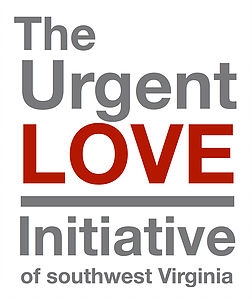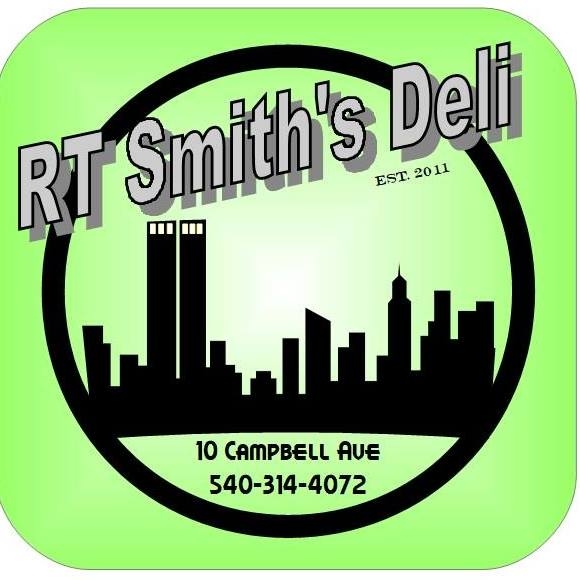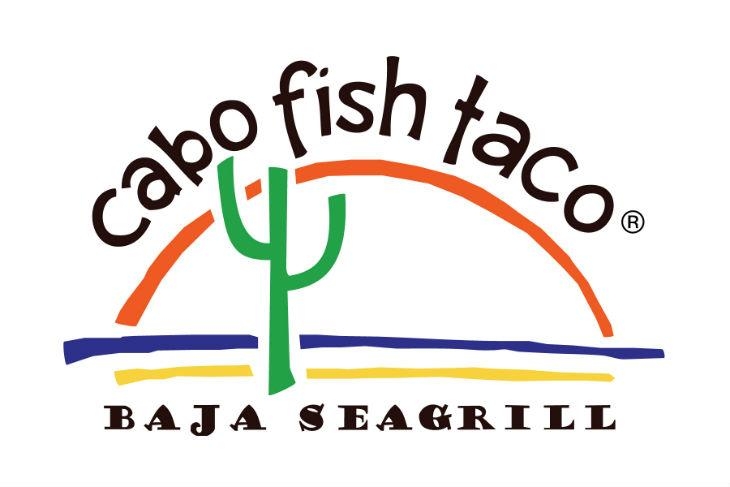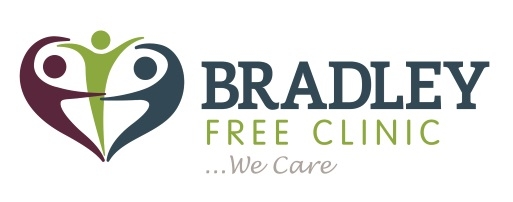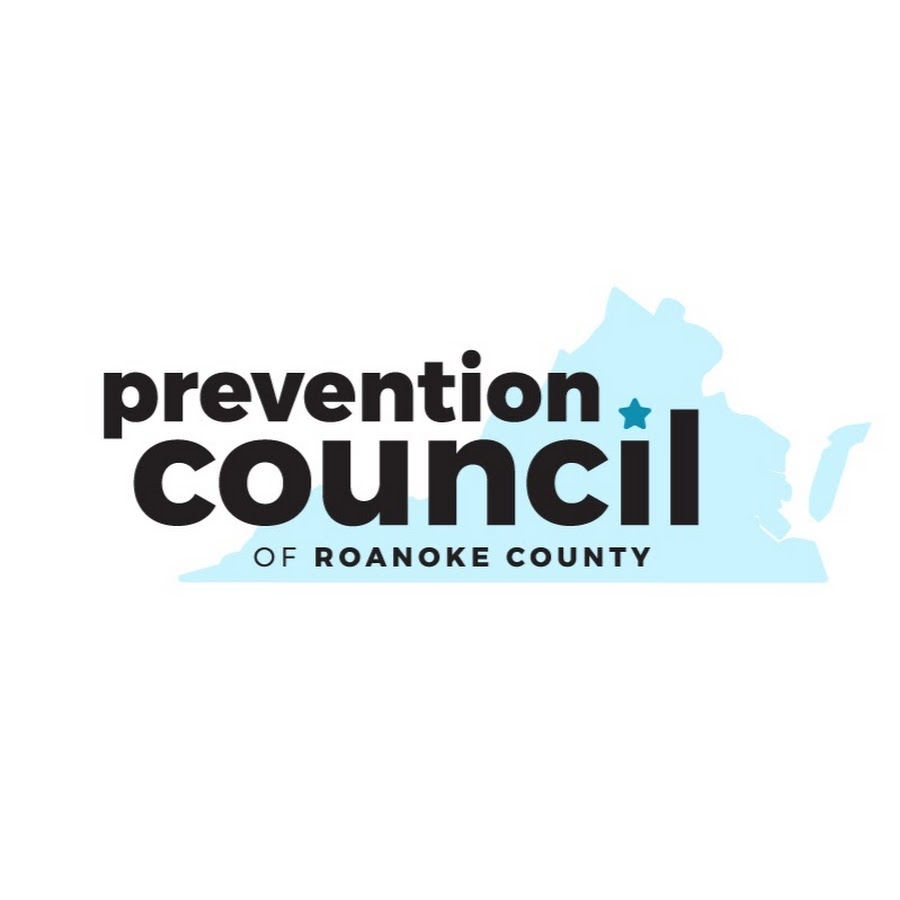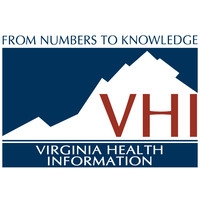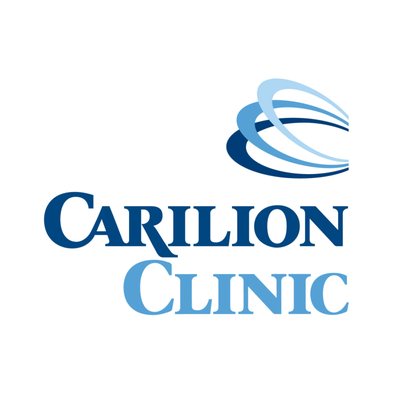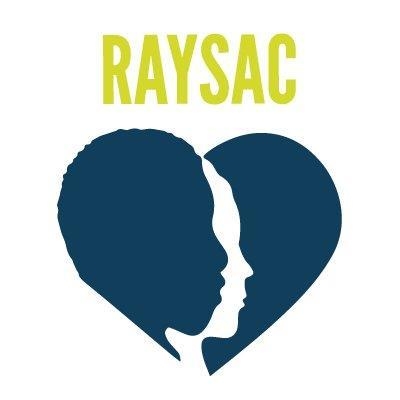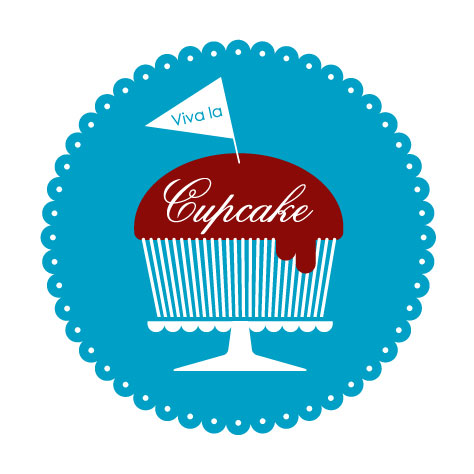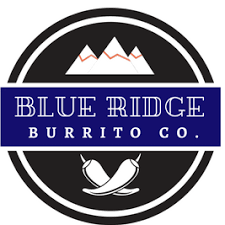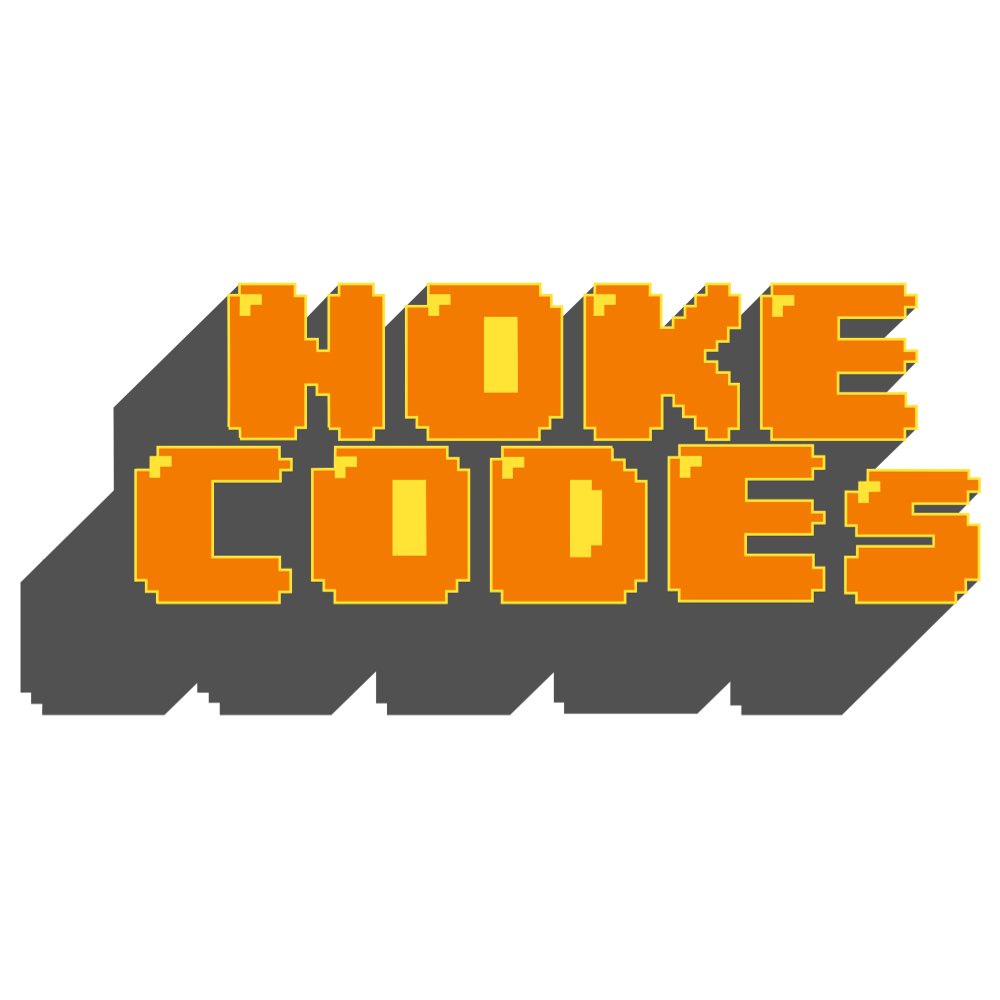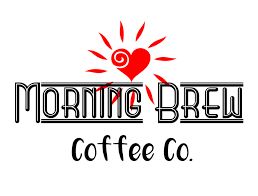2019 Virginia Tech Roanoke Center Opioid Datathon

According to the U.S. National Institute on Drug Abuse, over 20 percent of patients prescribed opioids for chronic pain misuse them, leading to an epidemic of addiction. In 2017, over 1,000 people died from opioid overdosing in Virginia alone (including prescription opioids, fentanyl and heroin). A Virginia Department of Health report says that opioid-related deaths in Roanoke quadrupled between 2016 and 2017.
The 2019 Virginia Tech Roanoke Center Opioid Datathon is a competition organized in collaboration with the Urgent Love (www.urgentlove.org) Initiative of Southwest Virginia that will bring together bright, multi-discipline teams. Teams will analyze data sets and turn them into useful information that will support local initiatives and policies that are vital to managing the opioid crisis at the local/regional level.
Data stewards from health and other relevant agencies across the region will provide non-sensitive, de-identified data to this challenge for the teams to explore and use. Public and open data sets will also be provided for use.
We are looking forward to playing a part in the fight against opioids!
We opened the Datathon with a Virginia Tech student team called DataBridge. They proposed a database called OpiDB, that would be useful by data consumers of all skill levels. It would utilize ChatterGrabber, a social media surveillance tool. The tool would be specifically used if someone tweeted about an opioid death; ChatterGrabber could be used to trace back to the source of that opioid (for example: someone overdoses at a party, others were tweeting about that same party, there is potential for identification of where that drug came from). The national campaign for the war on drugs did not work, according to DataBridge. What they need is a more localized campaign. DataBridge took 3rd place in the Datathon.
Our second team was CORRIC Cares (C2), from Carilion. Their project focused on reducing stigma using social media. They utilized data from the Youth Risk Behavior Survey to tell them that many youth receive cell phones by the age 14 and report almost constant social media usage. They also found that the percentage of 9th-12th graders in Roanoke County who’d tried or used heroin is 3x the national average. They propose a campaign called #RespectRecovery, highlighting the path to recovery and its requirements of coaching, treatment, support, strength and grit. There will be 8 stop motion videos over 8 weeks on Instagram, one of the most accessed social media platforms by youth. The campaign will use relatable teen voices and give a message of compassion, self-identification, understanding and importance of language. The words we use around opioid misuse and abuse matter, according to CORRIC Cares. They have ideas of promotional items including t-shirts and stuffed animals. CORRIC Cares took 1st place in the Datathon.
The Data Doctors (also from Carilion) presented third. They focused on the need of a single point of access available to the public about the opioid crisis and resources. Their goal was to establish an educational and clinical network of support for opioid users and those at risk, focused on youth. Using a QR code, individuals will be directed toward a portal that will present them with a challenge. For example, it would ask what would they do if they were presented with pills at a party – take them or flush them? The portal would have educational resources, intervention, prevention, resources for parents/family, videos/stories, contacts and a word cloud of drug-related keywords gathered from social media using ChatterGrabber. Behind the scenes of this resource, the Data Doctors would evaluate the demand for resources, if they’re reaching the people in need and where the hotspots in need of additional resources are located. To generate curiosity for the QR code, they would have it on cards, flyers, stickers, pens and websites. They would also form local partnerships and have the QR code printed on merchandise. Having the QR code on consumables that teens use (such as soda cans) would generate curiosity for them to view without having to self-identify before accessing. The Data Doctors took 2nd place in the Datathon.
Team JOI Neuron from Persunality.com presented to close the datathon. They believe the opioid epidemic and substance abuse are public health problems that need to be understood. The data told them that 99 percent of the hydrocodone that is manufactured globally is used by the United States that only holds approximately 4 percent of the world’s population. Their approach: you can go through a lot of life changes, but the values instilled in you as a child often do not change as you grow. Their proposal: a program that focuses on social health, that helps with forming relationships and coping with problems before the “need” for other coping mechanisms (such as drugs) appear. They created an innovative diversity and inclusion strategy aimed to improve the social aspect of health in a community by motivating people to interact with one another through various activities. They will specifically target their program to elementary-age children to build healthier relationships and coping mechanisms using their JOIBrain prevention program. Not only do they want to educate and increase social awareness and self-awareness, they want to provide alternatives to drugs. The program implementation could provide a type of data for elementary ages that does not currently exist. They propose that by bringing education at that age level, the possibility of having an impact on future life choices is larger than beginning later in life. JOI Neuron took 4th place in the Datathon.
Everyone has a story. Many of us have been touched by addiction in some way, even if we ourselves have never had an addiction. Addiction does not discriminate - it touches all genders and races; all levels of socioeconomic status; all ages. We have to work together to find a solution.
"Addiction began for me at the age of 12 when I smoked my first cigarette," said Christine Baldwin, a 30-year-old mother of three. "Cigarettes led to marijuana quickly, which then led to alcohol and from there it was anything that was in front of me: cocaine, LSD, mushrooms ... this was just the beginning of a very dark road."
Christine spent 15 years - half of her life - in the cycle of addiction.
"It was like a switch was flipped and it seemed there was no way to turn it off," she said. "I was always looking for a way to escape reality."
By the time she was 23, Christine was pregnant with her first child. She stopped active drug use during pregnancy, but was prescribed Oxycodone after delivery. The introduction of a controlled substance in her life again led back to addiction.
When she had taken all of her prescription and knew she would have to wait for a refill, she began buying drugs on the street. This led to a nearly $300 per day expense.
"After selling virtually everything I had and draining everyone I knew - financially and emotionally - I turned to stealing."
Heroin entered the picture around the time Christine discovered she was pregnant with her second child. In order to keep him from suffering a potentially fatal withdrawal in utero, she was instructed to continue using. When he was born, he received treatment to gradually cleanse his system of the opiates.
"This was heart and soul shattering."
When she met someone cooking methamphetamine in her home, Christine justified using meth to detox from heroin without getting "dope sick" - a term used for intense withdrawal, including tremors, fever, nauseau, vomiting, anxiety and more.
Instead, the addition of meth just stacked on top of her heroin habit.
"One awful night I was on my way home around midnight, ran out of gas with my two children in the back seat and a police office pulled over to check on me," Christine said. "I was arrested for seven felony warrants."
She took a plea agreement, placing her in the Drug Court Program and avoiding many years of incarceration.
"In the beginning I did not do well at all," she said. "I was constantly giving positive urine screens and going to groups high. I was in and out of jail for months until I went to jail on April 15, my mother's birthday, and found out I was pregnant with my third child. I panicked."
With abortion on the table as her decision to save her third child, she made an appointment. Before she made it to her appointment, she was arrested again in the probation office.
With her new arrest, she found herself in the Alpha program - a treatment initiative at the Western Virginia Regional Jail.
"Alpha is a therapeutic community where they focus on behaviour modification and accountability. I was in the program about six months and received mental health treatment while there."
Alpha began Christine's continuing recovery road - a much brighter track than she began her teen years with. She is over two years into her new journey and looking ahead with hope.
"I am currently the administrator for the Roanoke Valley HOPE Initiative, have my three children back in my life and am growing daily to become the best version of myself."
Christine spends every day speaking with clients whose shoes she has walked in, providing a guiding hand on their recovery journey.
In order to shed the stigma of addiction, Christine advocates for education as a critical component. She wants everyone to know that there is hope - that treatment is available to anyone in need.
"Addiction is a disease that feels so hopeless and impossible to overcome," she said. "But with the support of our community, so many people suffering with addiction will be able to find their way to recovery."
Join us at the Opioid Datathon as a guest on February 22. Christine will host an informational session in partnership with Niles Comer, project director of The Haven, Inc., a peer-based service creating and nurturing lifetime recovery for individuals, families and communities.







UPDATE (Feb. 1): The team registration and proposal submission deadline has been moved to Feb. 8 due to recent media coverage and demand to extend. This will be the final deadline and all team members must be registered and the proposal submitted by this date. Registration for guests and volunteers will extend to Feb. 15. Please let us know if you have questions.
The 2019 Virginia Tech Roanoke Center Opioid Datathon will take place Friday, Feb. 22 (8:30 a.m. to 5 p.m.) through Saturday, Feb. 23 (9:30 a.m. to 1 p.m.). It will be held at the Virginia Tech Roanoke Center (VTRC) located inside the Roanoke Higher Education Center, 108 N. Jefferson St., Roanoke, VA.
The day will be highlighted by research presentations, speakers and a panel discussion. Teams are encouraged to work on their projects and presentations, as well as attend speaker sessions as they'd like.
The public is welcome to attend. Both team members and guests need to register.
A light breakfast, lunch and refreshments will be provided to team members and volunteers, thanks to our generous community partners.
February 22 Agenda
8 a.m. - room 212 - Doors open, teams check in
8:30-9 a.m. - room 716 - Breakfast for teams, volunteers, staffers & networking
9-9:30 a.m. - room 212 - Welcome & introduction of teams
Lesa Hanlin - Executive Director, Roanoke Regional Initiatives, Virginia Tech Roanoke Center
Steve Arner - COO, Carilion Clinic
David Conners - Regional Outreach Program Manager, Virginia Tech Roanoke Center
Nancy Hans - Executive Director, Prevention Council of Roanoke County
9:30-10:30 a.m. - room 212 - Presentations on Local Initiatives
Urgent Love Initiative of Southwest Virginia
Roanoke Area Youth Substance Abuse Coalition
Roanoke Valley HOPE Initiative
Roanoke Valley Collective Response
Rescue Mission of Roanoke
10:30-11:30 a.m. - room 212 - Presentation from Qlarion
A government analytics company has recently completed a six-month pilot program with the Virginia Department of Criminal Justice Services on an opioid data-sharing analytics platform. They will be presenting and showing a demonstration.
11:30-1 p.m. - Lunch break (lunch provided for teams, volunteers & staffers only in room 716)
1-1:45 - room 212 - Panel discussion, moderated by Nancy Hans
Panel members:
Roanoke Area Youth Substance Abuse Coalition
Carilion
Local police department/fire/EMS
Niles Comer - Project Director, The Haven, Inc.
1:45-2 p.m. - Break
2-2:45 p.m. - 7th floor - Research Presentations
James Schlitt, room 709 - ChatterGrabber - Graduate Research Assistant and Computational Epidemiologist, Biocomplexity Institute at Virginia Tech
Christine Baldwin, room 710 - recovery initiatives & personal experience - Roanoke Valley HOPE Initiative Administrator
Niles Comer, room 710 - recovery initiatives & personal experience - Project Director, The Haven, Inc.
(Niles & Christine will present together)
2:45-3 p.m. - Break
3-3:45 p.m. - 7th floor - Research Presentations
Emily Meeks, room 709 - REVIVE! research - Graduate Assistant, Virginia Tech Human Resources Organizational Development Department
Sophie Wenzel, room 710 - Assistant Director, Virginia Tech Center for Public Health Practice and Research
Kathy Hosig, room 710 - Associate Professor & Director, Virginia Tech Center for Public Health Practice and Research
(Sophie & Kathy will present together)
February 23 Agenda
9 a.m. - Doors open
9:30-10 a.m. - room 212 - Breakfast & networking
10-11:30 a.m. - room 212 - Team presentations
11:30-12 p.m. - room 212 - Break & judge deliberation
12-1 p.m. - room 212 - Lunch & Awards - presented by the Urgent Love Initiative of Southwest Virginia and the Virginia Tech Roanoke Center
Focus
The desired focus of the 2019 Virginia Tech Roanoke Center Opioid Datathon is on leveraging current data available to suggest new, innovative, and potentially impactful ways to involve parents and community stakeholders in awareness and education surrounding youth/teenage (ages 12-18) opioid addiction at the regional level (Urgent Love 26-county service area which includes Roanoke Valley and surrounding areas).
Teams will choose one of the tracks below (Education/Awareness, Connection/Communication, Infrastructure), along with one of the adjoining challenges. They will take into account the overarching question(s) when addressing the challenges. Proposals will be required from teams by February 8 (teams will be contacted after registration with details). Teams will be provided with a mentor and an identification document regarding data holes.
Education/Awareness
Overarching Questions:
- How can we leverage data to suggest new programmatic and impact education surrounding opioid use in youth (12-18 years old)?
- How can we aid in the improvement of or reframing for current programs based on available data?
- How can we provide workable and accessible information for opioid addiction in the Roanoke Valley that is meaningful?
Challenges
1. One of the Urgent Love initiatives is to reach youth at numerous touchpoints Individuals at these touchpoints need to be educated in order to make prevention as affective as possible in their daily lives. For instance, middle school and high school students in athletics are at a higher risk of opioid use due to injury; their coaches are a prevention touchpoint. Since injured athletes are at higher risks for opioid use, the challenge lies in finding the best way to mitigate opioid misuse by educating all parties involved in prevention tools and resources.
- How could you develop better opioid education programs in order to leverage these human touchpoints?
2. Large portions of population of the region lack the knowledge in how to recognize individuals actively experiencing an overdose (OD). They are unaware of what to do if they experience a potential OD situation, what the proper response should be and/or how to correctly administer Naloxone (an opioid OD reversal drug, also known as Narcan or Evzio)
- There's an existing program that provides overdose and Naloxone education called REVIVE! How can we increase support of this program to promote awareness of overdose identification and response?
3. The stigma carried by addiction can make people feel ashamed, anxious and less dignified. They often fear the chance of facing serious legal repercussions which can prevent them from being open about their addiction. The stigma can deter individuals suffering with addiction from seeking options and resources they need for recovery.
- How can we create a means of educating healthcare providers and the public (eg: public awareness campaign strategy) in order to create a culture shift and reduce the stigma surrounding addiction?
Connection/Communication
Overarching Questions:
- How can we better connect stakeholders to to one another and to local resources?
- How can we connect opioid users to local resources and treatment?
- How can we enhance communication between drug users, their families and providers?
Challenges
4. There is a lack of communication between parents/guardians and youth regarding opioid awareness, and the risks associated with the stigma of addiction.
- How can we create a means by which youth (12-18 years old), parents/guardians and community stakeholders can become engaged in opioid conversations surrounding awareness, risks and stigma?
5. There is no single data source available to the public about the opioid crisis and potential resources. The information needs to be simple, trustworthy and readily available.
- How can we better disseminate information about the opioid crisis and available resources to the public and other community stakeholders (eg: healthcare providers, schools, law enforcement, other relevant community providers)?
Infrastructure (physical and digital)
Overarching Question:
- How can we use data to help increase the region’s (Urgent Love’s 26-county area) prevention efforts and—with that—treatment infrastructure?
Challenges
6. There is no single, successful, up-to-date central repository for opioid-related data in our area. Organizations such as healthcare providers, law enforcement, treatment facilities and schools all have data that could be aggregated and shared.
- What can be done to standardize data collection and aggregate the information being collected by all of the partners that are battling the opioid crisis?
7. There are holes and gaps in resources for opioid useres across our region. Some of these gaps include
- time duration between treatment and relapse
- available inpatient slots
- access to medication-assisted treatment (MAT)
- housing options after release from jail or treatment
- How can we better identify resource gaps? How can we create a better system of identifying, updating and managing a directory of current opioid-related resources?
- What are ways we can dynamically identify funding resources and connect them to providers who need them, in a way that is easily accessible to community organizations, at little-to-no cost to them?
A total of 10 teams will be vetted and accepted by the Virginia Tech Roanoke Center. We would like five multi-discipline student (enrolled full-time in college) teams, along with five professional (not enrolled in college) teams. All participants must be age 18 or above. We have a Facebook group established for team-building needs - please join!
Teams are required to register individually. By identifying individually, they personally agree to assume any and all risks and waive claims against the Virginia Tech Roanoke Center and its related entities for any injury, death, damage, or loss of property, revenue, or profits, whether direct, indirect, or consequential, arising from participation in this competition, whether the injury, death, damage, or loss arises through negligence or otherwise. Participants also agree to indemnify the Virginia Tech Roanoke Center against third party claims for damages arising from or related to the Datathon activities.
Prospective teams will be required to submit a project proposal to the Virginia Tech Roanoke Center by February 8. A link will be provided to teams for proposal submission via email. Proposals will be viewed by a committee and vetted for eligibility, focus and duplication. Proposals are required to include:
- team name, participant names, organization(s), participant dates of birth, participant contact information (phone number, address, email)
- challenge addressed
- written summary of the solution (1-2 pages)
Entries not compliant with the requirements will be ineligible for further review.
Confirmed teams will receive notification via email by February 11. Teams who are ineligible for any reason or whose project proposal is not accepted into the competition will receive feedback via email by February 11. Confirmed teams will receive access to data sets and be assigned a mentor on February 11.
Teams are highly encouraged to reference the Governor's Datathon hosted last year in Virginia. The topic was also the opioid crisis and there are examples of solutions created by competitors.
Teams are not limited to data analyses in the creation of solutions to the questions and challenges outlined in the Virginia Tech Roanoke Center Opioid Datathon. Other ideas can include (but are not limited to): public awareness campaigns, public awareness strategies, online platforms.
Teams are also highly encouraged to read the recently-published Dopesick: Dealers, Doctors, and the Drug Company That Addicted America by local author Beth Macy. The book holds extensive qualitative data from our region in the form of interviews with addicted persons, family members of addicted persons, recovering addicted persons, doctors, law enforcement, resource providers and more.
There will be three winners:
Prizes:
- overall - $1,000, plus the opportunity to work with the Roanoke Small Business Development Center on a business plan or pitch deck
- 2nd place - $750, plus the opportunity to work with the Roanoke Small Business Development Center on a business plan or pitch deck
- 3rd place - $250, plus the opportunity to work with the Roanoke Small Business Development Center on a business plan or pitch deck
Each team will also receive gift cards from our generous community partner, Cabo Fish Taco.
Winners will be chosen based on the following criteria:
- Technical achievement - the solution created provides a potentially scalable application that addresses the primary focus of the Datathon using a variety of the provided data sets.
- Innovation - the solution created represents a unique idea that is creative, original, unprecedented and novel.
- Design - the solution demonstrates an interface that is both visually appealing and end-user centric, with a refined concept and intuitive layout.
- Impact - the solution presents potential for widespread implementation to address the real life challenges presented through the Datathon questions and challenges.
- Presentation - presentation and product must be polished.
Each team will have the opportunity for a five-minute presentation to the judges and local stakeholders/community members, with a four-minute question and answer session to follow. Our judging panel consists of
- Dr. Robert Trestman - Chair, Psychiatry and Behavioral Medicine, Carilion Clinic
- Dr. Rita Bishop - Superintendent, Roanoke City Public Schools
- A member or members of the Urgent Love Initiative of Southwest Virginia
The Data
The data available for the 2019 Opioid Datathon is both de-identified data provided by community partners and open source data available to the public. Currently, a sampling of our data resources include:
· Roanoke Area Youth Substance Abuse Coalition – Roanoke Metro Area – 2016-2018 – Phone poll results regarding drug access, use, disposal and addiction
· Department of State Police – Crime in Virginia – 2017 – Uniform Crime Reporting (UCR) Program detailing the crime in Virginia
· Roanoke Area Youth Substance Abuse Coalition and Prevention Council of Roanoke County – Roanoke Youth Risk Behavior Survey (YRBS) – 2011-2017 – Survey recording data pertaining to drug use in middle and high school students in our area
· East Tennessee State University (ETSU) Center for Prescription Drug Abuse Prevention and Treatment (CPDAPT) – Community Response for the Opioid Epidemic – Presentation including comparison of drug overdose deaths in 2003 and 2016, efforts made toward research, outreach, resource development, prevention, grant proposals and more
· Roanoke Police Department – Overdose Incidents – Data by zone, outlining overdose incidents from January 1, 2018 to December 31, 2018
· Virginia All Payer Claims Database (APCD) data - data for individuals with at least 1 opiate prescription in 2017 who lived in the Southwest Virginia Health Planning Region.
· Open source resources including:
o US National Trends in Pediatric Deaths from Prescription and Illicit Opioids, 1999-2016
o Centers for Disease Control and Prevention database, summary of health statistics (2012-2015), syringe services programs information, drug overdose epidemic data, map of geographic distribution of opioids 2006-2017
o Virginia Department of Health annual reports, 2003-2016, including number of drug-related deaths
o Appalachia High Intensity Drug Trafficking Area (AHIDTA) 2016 Annual Report and 2017-18 Threat Assessment and Strategy report
o Henry J Kaiser Family Foundation (KFF) opioid overdose deaths by type of opioid and by race/ethnicity (1999-2016)
o U.S. Department of Health & Human Services Office of Adolescent Health information on opioid use, misuse, prevention, resources and risk factors, with a focus on adolescents
o ChatterGrabber, a social media software that has been used to track and analyze data related to health trends (eg: could be used in Challenge #5 to gather current messaging and analyze where and what is most effective)
The Rules
Confirmed teams must check in on the 7th floor of the Virginia Tech Roanoke Center at 8 a.m. on Friday, Feb. 22. All team members are required to attend both days (Feb. 22 and Feb. 23) of the competition for the full duration and use their time as needed to complete their datathon submission. All team members are required to attend the presentations and award ceremony at 12 p.m. on Saturday, Feb. 23.
Teams will provide their own technology on-site and will have access to free, password-protected Wi-Fi. Parking for the event is on your own. Each team will receive information on suggested parking zones.
Data will be released in full at the discretion of the Virginia Tech Roanoke Center to registered participants on Monday, Feb. 11. Data will be vetted for gaps/holes prior to release to teams; gaps/holes will be identified and stated. Teams agree to abide by any and all privacy and confidentiality rules surrounding any of the provided data.
By registering for this challenge, teams agree to indemnify, defend, and hold harmless the Virginia Tech Roanoke Center and other related entities from and against all third party claims, actions, or proceedings of any kind and from any and all damages, liabilities, costs, and expenses relating to or arising from participant's submission or any breach or alleged breach of any of the representations, warranties and covenants of participants hereunder. By registering, teams agree to the anti-harassment policy as designated by Virginia Polytechnic and State University.
Teams are financially responsible for claims made by a third party. The Virginia Tech Roanoke Center reserves the right to disqualify any submission that it deems, in its discretion, to violate any of the aforementioned rules.
Virginia Tech is an equal opportunity/affirmative action institution.
Teams and guests are required to register. Both types of registrations are free and available on our Eventzilla page.
Teams: You will be required to register individually. You must have a team name. After you register, you will be contacted by a member of the Virginia Tech Roanoke Center with an email confirming your registration, information about the day and a link to submit a formal proposal (due by February 1).
Please contact us if you have questions about registering.






